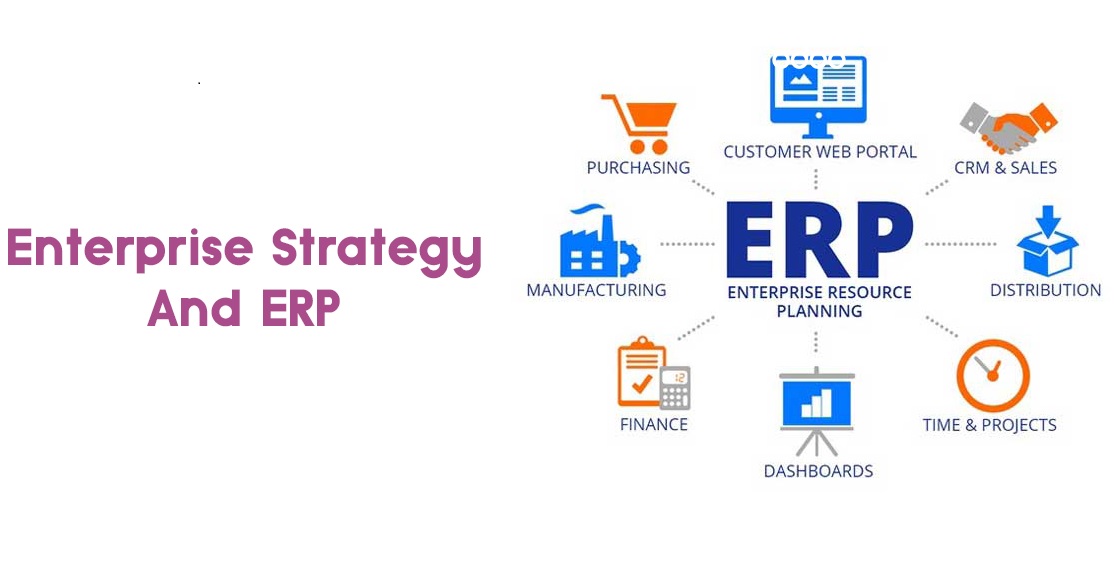ERP Strategy One of the most crucial aspects of any ERP deployment is software selection.
An ERP plan serves as a road map for your software investment. You may establish your organization’s goals and how you will utilize ERP software to achieve them by following a defined roadmap. Consequently, business and IT skills are aligned, and your IT money is spent exclusively on activities that provide value to your company.
Essential Features of a Victorious ERP Strategy
You may be wondering what you should include in your Enterprise Resource Planning System plan now that you understand why it is crucial. It should, at the very least, comprise the following facets:
- ERP implementation objectives that are specific and quantifiable.
- Your project’s financial plan.
- A list of the workflows and business processes that are covered.
- Your approach to managing organizational transformation is unique.
- Resources and information about training plans.
- Your preferred method of deployment.
It’s worth noting that you won’t be able to finish all of these things simultaneously. Before selecting a provider, you may, for example, brainstorm your objectives. You might also reengineer your company’s ERP Business Process Mapping approaches before fine-tuning your training strategy.
Honors for Developing an ERP Strategy
- Conserve Time and Money
It’s simple to overrun on a project if you don’t have a focused strategy in place. It’s also relatively easy to go beyond your original deadline. When you identify your objectives, on the other hand, you’re more inclined to stick to them. You’ll also be better prepared to deal with difficult conversations and discussions about company requirements when they arise.
- Improve Your Competitive Stance
Suppose you have a strictly delineated strategy before vendor selection. In that case, you will be more efficient in identifying and engaging a partner whose skills correspond with your objectives. Employees will be more efficient and productive due to their relevant tools. You’ll become more competent in your industry by saving money, performing better, and keeping your content delighted.
- Ensure Organizational Alignment
It’s pointless to spend money on ERP capabilities that aren’t useful to your company. You can guarantee that you’re getting the skills to help you achieve your corporate goals if you have a plan.
Keeping your ERP strategy on track and avoiding prejudice!
As you progress through the ERP decision process, you’ll undoubtedly come across suppliers who appear to have your best interests. They’ll go through all of the features of their platform and persuade you that their solution is the best option.
You should adhere to your Enterprise Resource Planning strategy rather than getting along. Here are a few crucial aspects to consider at this point:
- What are our IT skillsets right now? What do we want them to be like in the future?
- Is this plan in line with and supportive of our company goals?
- What rate of uncertainty are we capable of coping with?
- How much effort/expense are we willing to commit?
The ERP Consulting vendor you choose should be inclined to hear your requirements and vision and possess the resources necessary to assist you in achieving your short- and long-term objectives.
Getting Your ERP Project Off to a Successful Start!
It’s a bad idea to start a big enterprise software project without figuring out your ERP strategy. Challenges like vendor discrimination, unrealistic timetables, and incompatibility are less likely to develop when you have a well-defined plan.
Our ERP development experts at Connected IT Consulting can assist you at any project step. To set up a consultation and discover more about the ERP strategies we employ, please get in touch with us as early as possible.
Also Read About more —
ERP Implementation Services
ERP Consulting Company
Small Business ERP



